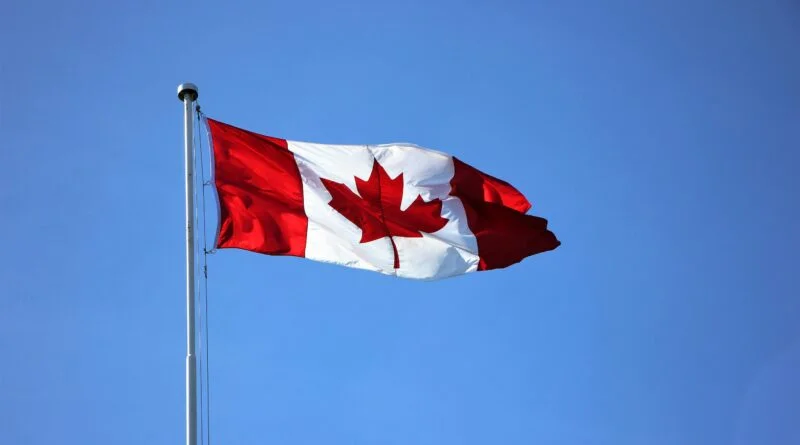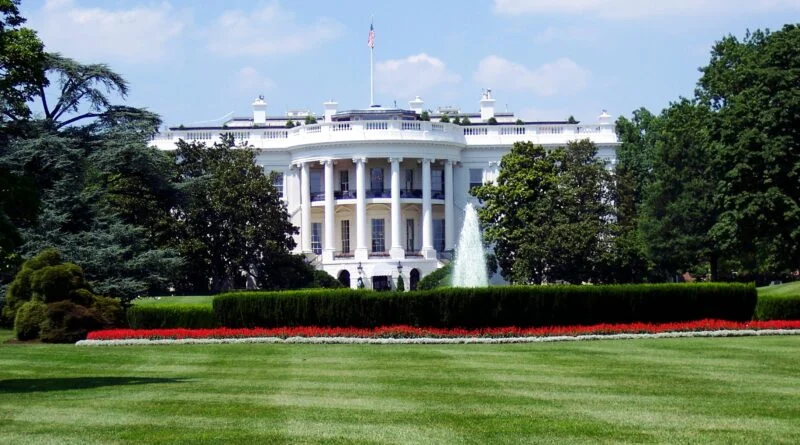OTTAWA, April 30, 2025 — In a dramatic political shift, Mark Carney’s Liberal Party secured a fourth consecutive term in Canada’s federal election on April 28, winning 169 seats in the 343-seat House of Commons. Although falling just short of a majority, this outcome marks a significant comeback for the Liberals, who had been trailing in polls earlier this year. Carney’s victory is attributed to his firm stance against U.S. President Donald Trump’s aggressive trade policies and rhetoric, which resonated with Canadian voters concerned about national sovereignty.
The election was heavily influenced by escalating tensions with the United States, particularly President Trump’s imposition of sweeping tariffs on Canadian goods and provocative suggestions about annexing Canada. These actions sparked a surge in Canadian nationalism, leading to widespread boycotts of American products and a rallying cry for sovereignty.
Carney, a former central banker with no prior elected experience, positioned himself as a steady alternative to the populist rhetoric of Conservative leader Pierre Poilievre, who closely aligned with Trump’s policies. Poilievre’s failure to distance himself from Trump’s aggressive stance contributed to his party’s defeat and his own loss of a long-held parliamentary seat.
In his victory speech, Carney declared, “The old relationship with the U.S. is over,” signaling a shift toward a more assertive Canadian foreign policy. He emphasized the need to reduce economic reliance on the U.S. and explore deeper trade ties with Europe and Asia.
The election results have significant implications for global relations and trade. Canada’s move to diversify its trade partnerships may impact North American supply chains and economic dynamics. While U.S. Trade Representative Jamieson Greer expressed willingness to work with Carney’s government, the path forward remains uncertain amid ongoing trade disputes.
Carney’s leadership marks a new chapter in Canada’s approach to international relations, with a focus on asserting national sovereignty and redefining its role on the global stage. As Canada navigates this transition, the world will be watching to see how these changes influence the broader geopolitical landscape.


























